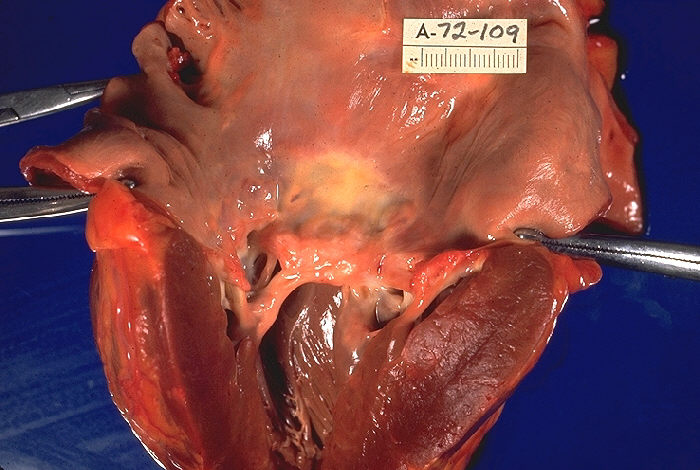Rheumatic Fever

Rheumatic fever is an inflammatory condition that may develop after infection with group A Streptococcus bacteria, such as strep throat or scarlet fever. It is primarily diagnosed in children between the ages of 6 and 16 and can affect the heart, joints, nervous system and/or skin. Early signs and symptoms include sore throat; swollen red tonsils; fever; headache; and/or muscle and joint aches. Some affected people develop rheumatic heart disease, which can lead to serious inflammation and scarring of the heart valves. It is not clear why some people who are infected with group A Streptococcus bacteria go on to develop rheumatic fever, while others do not; however, it appears that some families may have a genetic susceptibility to develop the condition. Treatment usually includes antibiotics and/or anti-inflammatory medications.